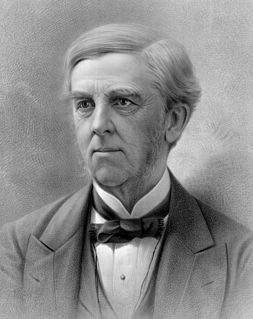A Quote by Kenneth R. Miller
Any suggestion that science and religion are incompatible flies in the face of history, logic, and common sense.
Related Quotes
Common sense is science exactly in so far as it fulfills the ideal of common sense; that is, sees facts as they are, or at any rate, without the distortion of prejudice, and reasons from them in accordance with the dictates of sound judgment. And science is simply common sense at its best, that is, rigidly accurate in observation, and merciless to fallacy in logic.
The time must come inevitably when mankind shall surmount the imbecility of religion, as it has surmounted the imbecility of religion's ally, magic. It is impossible to imagine this world being really civilized so long as so much nonsense survives. In even its highest forms religion embraces concepts that run counter to all common sense. It can be defended only by making assumptions and adopting rules of logic that are never heard of in any other field of human thinking.
I don't think any religion makes any sense and I think people who are into that are really getting duped, and I don't think Judaism makes any more sense than Christianity, and I don't think Christianity makes any more sense than Scientology. But here's a guy, L. Ron Hubbard, who told all his friends, 'Look, I'm gonna start a religion, 'cause I can't make any money as a science fiction writer.' I mean, he admitted that publicly! At least with Jesus Christ, you can't go talk to the guy.
What Artistic and Scientific Experience Have in Common - Where the world ceases to be the scene of our personal hopes and wishes, where we face it as free beings admiring, asking, and observing, there we enter the realm of Art and Science. If what is seen and experienced is portrayed in the language of logic, we are engaged in science. If it is communicated through forms whose connections are not accessible to the conscious mind but are recognized intuitively as meaninful, then we are engaged in art. Common to both is the loving devotion to that which transcends personal concerns and volition.



































